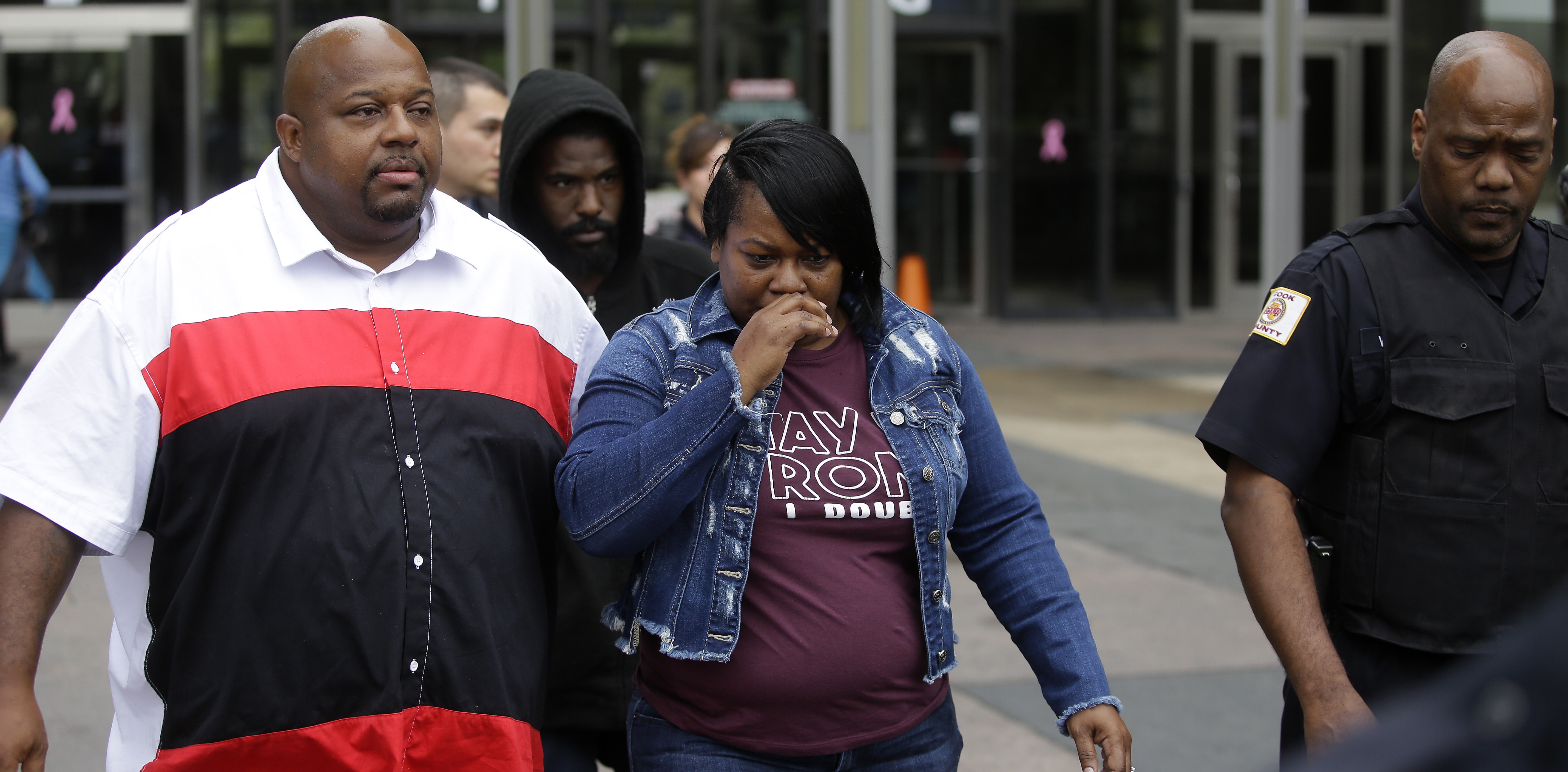
On October 20, 2014, Chicago police officer Jason Van Dyke fatally shot 17-year-old Laquan McDonald. Almost four years later, Van Dyke was convicted of second-degree murder, becoming the first Chicago Police Department (CPD) officer in 50 years to be found guilty of murder for an on-duty shooting.
While some were relieved by this uncommon verdict, others believe a guilty verdict for Van Dyke will do little to restore public faith in the CPD but instead give the city an opportunity to address larger systematic policing issues. As other officers face charges for McDonald’s murder, Chicago officials cannot forget that mutual trust and legitimacy are built from community investment and engagement, and research offers promising strategies for making it happen.
THE PROBLEM: The relationship between residents in high-crime Chicago neighborhoods and the police that serve those communities is deeply fractured. Research shows Chicago’s young adults do not believe police will protect them.
To some residents, this case was a microcosm of the frayed relationship between police and residents, plagued by a history of brutality, profiling, and torture that disproportionately affects communities of color.
A Department of Justice (DOJ) report finds that CPD officers are quick to use excessive and deadly force, most often against Black and Latinx residents, without facing consequences. Reckless acts like shooting at suspects who present no immediate threat and discriminatory practices like stop-and-frisk tactics not only endanger the public but erode community-police relationships. The DOJ report calls for the CPD to undergo broad, fundamental changes to restore public trust.
In Chicago’s most vulnerable neighborhoods, officers and residents do not trust each other. This trend is seen across the country.
Young people have little faith in the CPD. In our survey of 345 young people in Chicago, fewer than one in eight felt that the police do their job well, and even smaller shares felt that police treat people fairly and with respect.
When police officers cannot be trusted to mitigate or resolve conflict in neighborhoods, young people turn to informal protection: gun carrying, which further exacerbates Chicago’s gun violence problem.
A SOLUTION: Law enforcement must authentically engage the community and partner in community development efforts.
Given the magnitude of these challenges, the CPD needs a new way of approaching policing, a new policing paradigm. One option worth exploring is creative placemaking, which can improve efforts to build community safety.
Recent policing work in Alameda County, California, has sought to use creative placemaking to generate jobs and build public trust. As part of this effort, the Alameda County Sheriff’s Department created Eden Night Live, a pop-up festival and marketplace with music, arts, games, sports, local food, and vendors. Formed in partnership with various community and government organizations, this effort created opportunities for positive police-community relations, promoted local arts, and generated jobs and commerce.
The festival allowed police to authentically engage with community to build trust through proximity, service, and creative contact. Crucially, deputies physically built the landscape of the festival, assisted in outreach, and participated in creative community-building activities while on duty.
For these officers, community development and social fabric–building activities are the bedrock of public safety. This paradigm of policing reimagines police-community relationships, creating opportunities for officers to invest in relationships and long-term safety.
This kind of authentic police-community engagement could help cities like Chicago begin to rebuild mutual trust and restore community faith in those tasked to protect them.
Tune in and subscribe today.
The Urban Institute podcast, Evidence in Action, inspires changemakers to lead with evidence and act with equity. Cohosted by Urban President Sarah Rosen Wartell and Executive Vice President Kimberlyn Leary, every episode features in-depth discussions with experts and leaders on topics ranging from how to advance equity, to designing innovative solutions that achieve community impact, to what it means to practice evidence-based leadership.